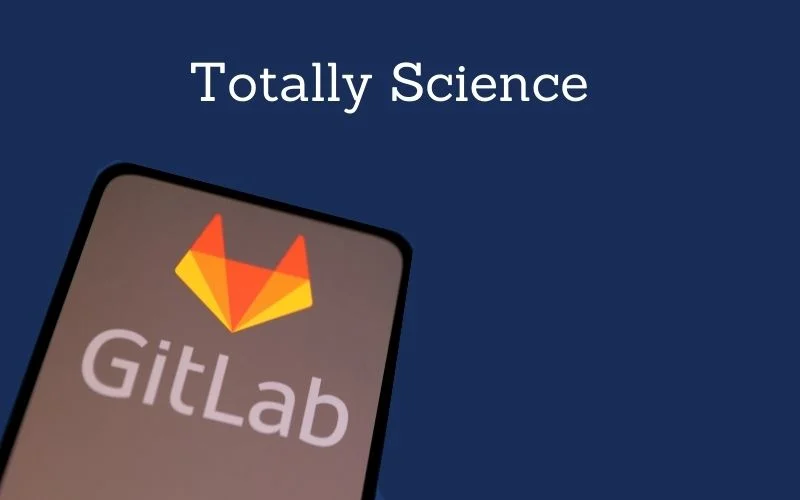Totally Science GitLab is a cloud-based version control system and software development platform that is specifically designed for scientific research. It is built on top of GitLab, a popular Git repository manager, and adds a number of features that are tailored to the needs of researchers, such as:
- Integration with popular scientific tools and software: Totally Science GitLab integrates with a number of popular scientific tools and software, such as JupyterLab, RStudio, and Matlab, making it easy to develop and share research code and data.
- Support for scientific workflows: Totally Science GitLab supports a variety of scientific workflows, including continuous integration and continuous delivery (CI/CD), making it easy to automate and streamline the software development process.
- Collaboration tools: Totally Science GitLab provides a number of collaboration tools, such as code review, issue tracking, and wikis, making it easy to work on research projects with other researchers.
Totally Science GitLab is a powerful tool that can help researchers to improve the efficiency and quality of their research. It is used by researchers at a variety of institutions, including universities, government agencies, and private companies.
How Totally Science GitLab Works
Totally Science GitLab works by providing a central repository for storing and managing research code and data. Researchers can use GitLab to track changes to their code, collaborate with other researchers, and deploy their code to production environments.
To use Totally Science GitLab, researchers first need to create an account. Once they have created an account, they can create new repositories for their research projects. Researchers can then add code and data to their repositories and track changes to their code using Git.
To collaborate with other researchers, researchers can invite them to their repositories. Once other researchers have been invited to a repository, they can view, edit, and comment on the code. Researchers can also use GitLab to create issues and merge requests, which can help to streamline the collaboration process.
To deploy their code to production environments, researchers can use GitLab to create pipelines. Pipelines can be used to automate the process of building, testing, and deploying code.
Benefits of Using Totally Science GitLab
There are a number of benefits to using Totally Science GitLab, including:
- Improved efficiency: Totally Science GitLab can help researchers to improve the efficiency of their research by providing a central repository for storing and managing code and data, and by automating the software development process.
- Improved quality: Totally Science GitLab can help researchers to improve the quality of their research by providing collaboration tools and by automating the testing process.
- Reproducibility: Totally Science GitLab can help researchers to improve the reproducibility of their research by providing a central repository for storing and managing code and data.
Examples of How Totally Science GitLab is Used
Totally Science GitLab is used by researchers in a variety of fields, including:
- Astronomy: Astronomers use Totally Science GitLab to develop and share software for data analysis and visualization.
- Biology: Biologists use Totally Science GitLab to develop and share software for genome sequencing and analysis.
- Chemistry: Chemists use Totally Science GitLab to develop and share software for molecular modeling and simulation.
- Climate science: Climate scientists use Totally Science GitLab to develop and share software for climate modeling and analysis.
Software Development Challenges in Startup Terrain
Getting Started with Totally Science GitLab
To get started with Totally Science GitLab, you can create a free account. Once you have created an account, you can start creating repositories for your research projects. You can then add code and data to your repositories and track changes to your code using Git.
If you are new to Git, there are a number of resources available to help you get started, such as the Git documentation and the GitLab tutorials.
Conclusion
Totally Science GitLab is a powerful tool that can help researchers improve the efficiency, quality, and reproducibility of their research. It is a good option for researchers who are looking for a cloud-based version control system and software development platform that is specifically designed for scientific research.
Visit Tech Pattern for more info.



